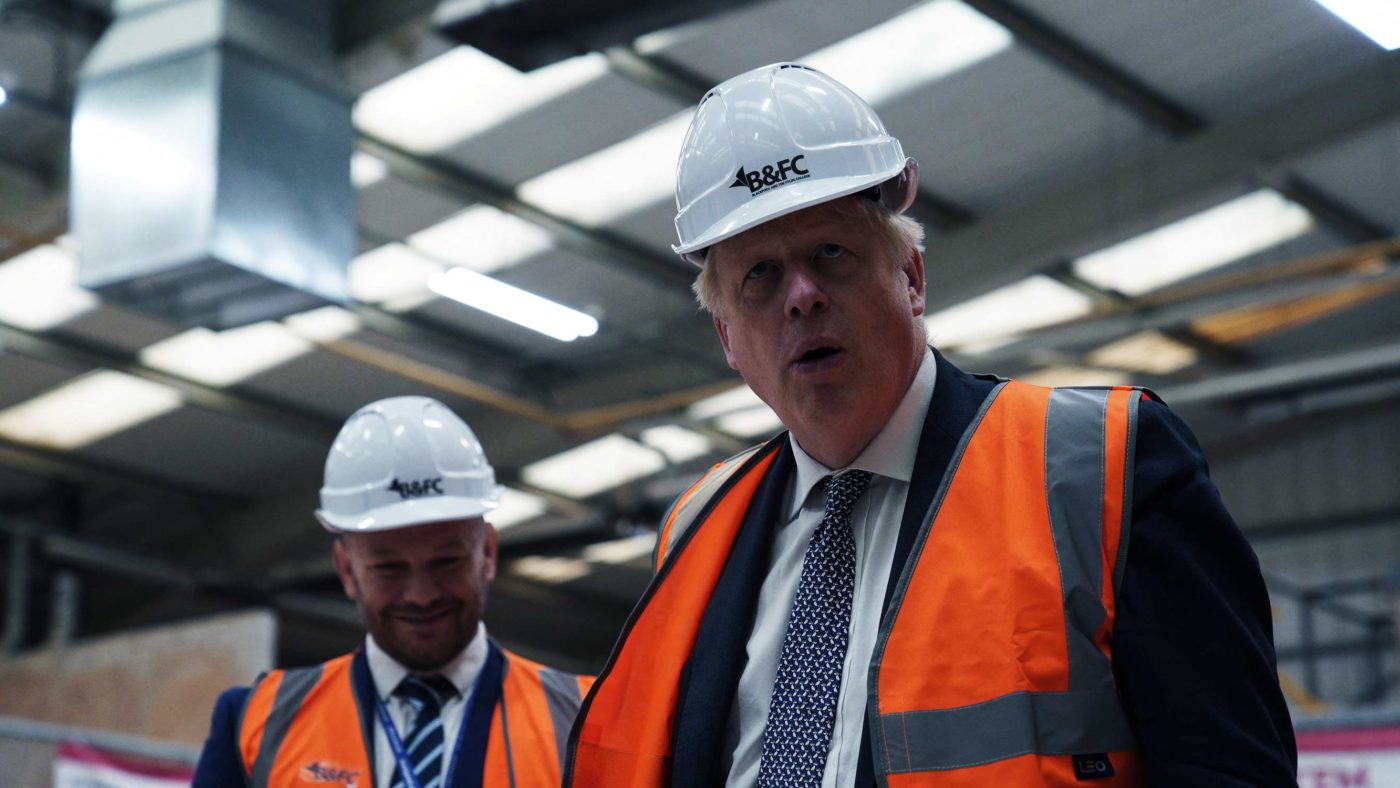You’d be forgiven for thinking we’d gone into some kind of 1980s time-warp this week. Kate Bush is riding high in the charts, the trade unions threaten crippling strikes and, fresh from a bruising confidence vote, a blond Tory leader trumpets the virtues of Right to Buy.
The comparisons can only get you so far though, for what’s striking about our politics is the absence of the big ideological battles of the Thatcher era.
Even within the famously argumentative Conservative Party, Monday’s confidence vote was less a battle between different political traditions than an expression of generalised discontent, both with Boris Johnson personally and his government’s policy agenda.
Indeed, one thing that favours Johnson is that there was no clear ringleader marshalling the rebel forces. Had there been, they might have waited until the by-elections in Wakefield and Tiverton & Honiton, both of which look grim for the Government, before striking.
Nor is the mechanism to force Johnson out obvious, as the 1922 Committee’s current rules forbid another confidence vote for a year, and the PM shows no sign of giving up power voluntarily. (His supporters will also find crumbs of comfort in recent focus groups that suggest his popularity endures with some key groups of voters)
The PM is lucky in his opponents too. With the knife there to be twisted, Keir Starmer plodded through Prime Minister’s Questions with worthy questions about the NHS, utterly failing to capitalise on Johnson’s own perilous position.
Starmer’s lack of killer instinct might be less of an issue if he offered any clarity of purpose beyond not being Jeremy Corbyn (splendid though that is). Few would expect a detailed policy agenda years ahead of a general election, but it would be helpful to have some idea what he actually wants to do with power.
The Conservative problem is not a paucity of ideas or ambition, exactly: this Government wants to decarbonise every aspect of our lives and reset the entire political economy of the UK. What’s missing is a clear theme that ties together its positions. That’s why the party’s own vice-chair, Andrew Bowie, wrote an op-ed this week pleading for a ‘big idea’ from the top of his own government.
Instead, Johnson continues to ride a cavalry division of horses at the same time, often in different directions.
So we hear that the Tories love tax cuts and want to reduce the cost of living, while the Chancellor pushes up the tax burden to historic levels and hoses money at Our NHS. We get bromides about the British love of freedom while the Government toys with unnerving concepts like ‘legal but harmful speech’ and wages a strikingly illiberal public health crusade. Likewise, Johnson tells us he wants to ‘unbolt the door to home ownership’ – hence Thursday’s welcome Right to Buy pledge – but rows back furiously from the root-and-branch planning reform we so desperately need.
What ties any of this together?
Ministers occasionally refer to the ‘People’s Government’, but that doesn’t tell us much. After all, the people are self-interested, contradictory and inconsistent. They want things to be cheaper, but also to protect British producers, they want lower taxes and an endlessly funded NHS. And while housing is a nice idea, heaven forbid it should be built somewhere near existing homeowners.
Faced with political peril, the PM’s instinct will be to launch a fresh policy blitz, with speeches and headlining-grabbing announcements. For the long-term health of his government, however, now might be the time to follow Lynton Crosby’s famous dictum and ‘get the barnacles off the boat’.
Click here to subscribe to our daily briefing – the best pieces from CapX and across the web.
CapX depends on the generosity of its readers. If you value what we do, please consider making a donation.


